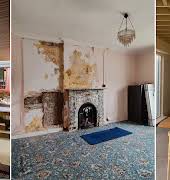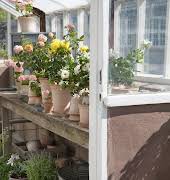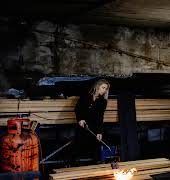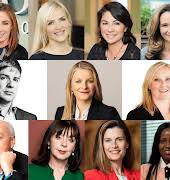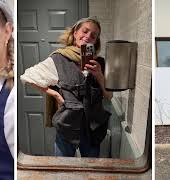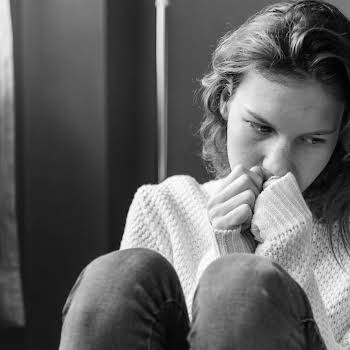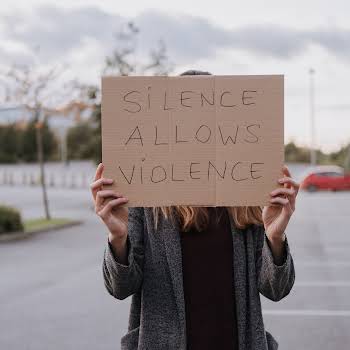
98% increase in contacts to rape crisis centres seeking counselling during the pandemic
By Erin Lindsay
21st Jul 2020
21st Jul 2020
Rape crisis centres across the country saw an increase in those looking for support during lockdown
Six rape crisis centres (RCC’s) in Ireland have reported a significant increase in the number of people seeking support during the Covid-19 pandemic.
From March 1 to June 30 of this year, RCC’s recorded 4,413 contacts made to helplines, including phone calls, texts, emails, contacts made through social media, and letters. This marked a 23% increase in contacts based on the same 4-month period from the year before.
The number of survivors seeking counselling and support from RCC’s rose from 647 contacts in 2019 to 1,284 in 2020 – an increase of 98%.
During the four months that were examined, the largest increase in contacts happened in March (63%). In April, contacts were 33% higher than in the same period in 2019. In May, contacts were similar to the year before, with just a 6% increase. In June, RCC’s recorded a significant decrease, with contacts 14% lower than the same month in 2019.
There was also a notable increase in the length of time spent on calls to RCC’s – 83% based on the same 4-month period in 2019.
Demographics
According to the RCC’s data, female survivors and supporters are typically ten times more likely to make contact with an RCC than males.
During the pandemic, there was a rise in contacts made from survivors of all ages, especially those aged between 40-49.
Dr Clíona Saidléar, RCNI Executive Director, said: “From our conversations with counsellors and managers in RCCs we believe that this is in a large part due to the lockdown measures triggering past trauma.”
There was also an increase in contacts made by children and young people aged between 12-23. “We do remain concerned for children during this period and know that there are many who have not been able to ask for support and help,” Dr Saidléar said.
The information was recorded from six RCC’s across the country. These were the Carlow and South Leinster Rape Crisis Centre; Kerry Rape and Sexual Abuse Centre; Mayo Rape Crisis Centre; Rape Crisis Midwest; Rape Crisis North East and Waterford Rape and Sexual Abuse Centre.
If you or someone you know has been affected by sexual violence, you can reach Dublin Rape Crisis Centre’s 24-hour helpline at 1 800 77 8888.
Read more: I went to a consent workshop with Ireland’s top TikTokers — here’s what I learnt
Read more: Singer Duffy slams Netflix’s 365 Days for ‘glamourising’ sex trafficking
Read more: Women speak out: ‘He offered me a promotion but said he needed a favour first. He walked over and pulled up my top’


